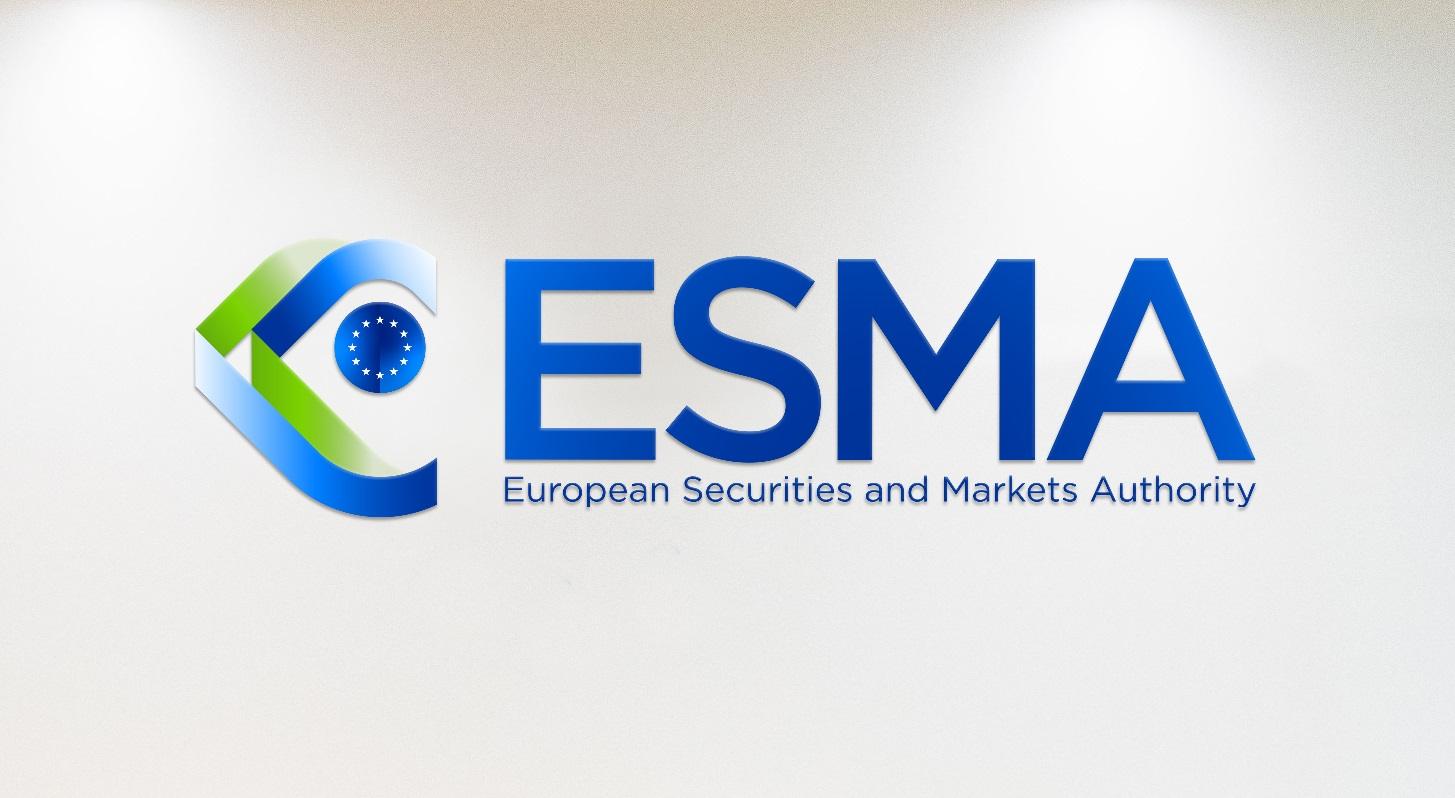DWS calls for Global Sustainability Reporting Standards Under IFRS, Emphasizes Double Materiality
DWS, one of the largest asset manager in Europe, announced today its support for the creation of a Sustainability Standards Board (SSB) under the IFRS Foundation, with the aim of developing a global sustainability reporting standard.
The announcement was made in response to a consultation paper launched in October by The IFRS Foundation aiming to assess demand for global sustainability reporting standards, and to determine the foundation’s role in the development of such standards. In its response, DWS called for the creation of a coherent ESG reporting standard that goes beyond climate-related data and is based on double materiality, meaning it should focus not only on disclosing information about how sustainability issues impact companies, but also on how companies affect society and the environment.
As ESG issues gain prominence in the investing and business worlds, many companies and investors have expressed interest in further adopting sustainability strategies These efforts, however, can be impeded without reliable data. In fact, the lack of consistent, universal metrics to measure companies’ environmental, social and governance performance is often cited as the key obstacle for investors in integrating ESG in their investment process, and to companies’ ability to compare their performance to peers.
In a letter to the IFRS Foundation, DWS Global Head of Research Francesco Curto describes the current state of sustainability reporting as a “hodge podge that largely fails the issues of sustainability and investors,” and warns that “ESG investing will fail a large part of the investment community without a global ESG Accounting Standard.”
Curto also emphasizes the need for a reporting approach that encompasses not only sustainability issues that impact enterprises, but also the impact of companies on the economy, environment, and people.
Curto writes:
“The SSB should start from the onset with a double materiality approach. This amongst various things would ensure that it does not fall behind what is happening in the EU with regard to financial reporting and the investors’ commitment to net zero (essentially an ‘inside-out’ perspective). Asset owners with more than USD5 trillion in assets and asset managers with more than USD9 trillion in assets have made this commitment and these numbers will grow significantly in 2021.
“The current ESG framework is already failing investors. Investors are already demanding information about whether child labour is used in the supply chain, the water impact of cotton used by clothes manufacturing and retailers, whether banks and insurance companies are financing coal plants. If the approach until 2019 was primarily about assessing the implications that externalities associated to the issue of sustainability had on a firm (outside-in), today investors are increasingly interested in assessing the impact that capital has on the world (inside-out). This shift has accelerated in 2020.”
Marco Ferber, Head of Integrated Reporting, said:
“Reporting is where all company performance and activities come together. It is becoming consensus that non-financial reporting is as important as financial reporting, and as a result, also needs to be fully auditable with management made accountable.”





